
Shermer speaks with Inga Thompson, one of the most decorated cyclists in American history, about what happened to her when she recently spoke out in defense of women’s rights.


Shermer speaks with Inga Thompson, one of the most decorated cyclists in American history, about what happened to her when she recently spoke out in defense of women’s rights.
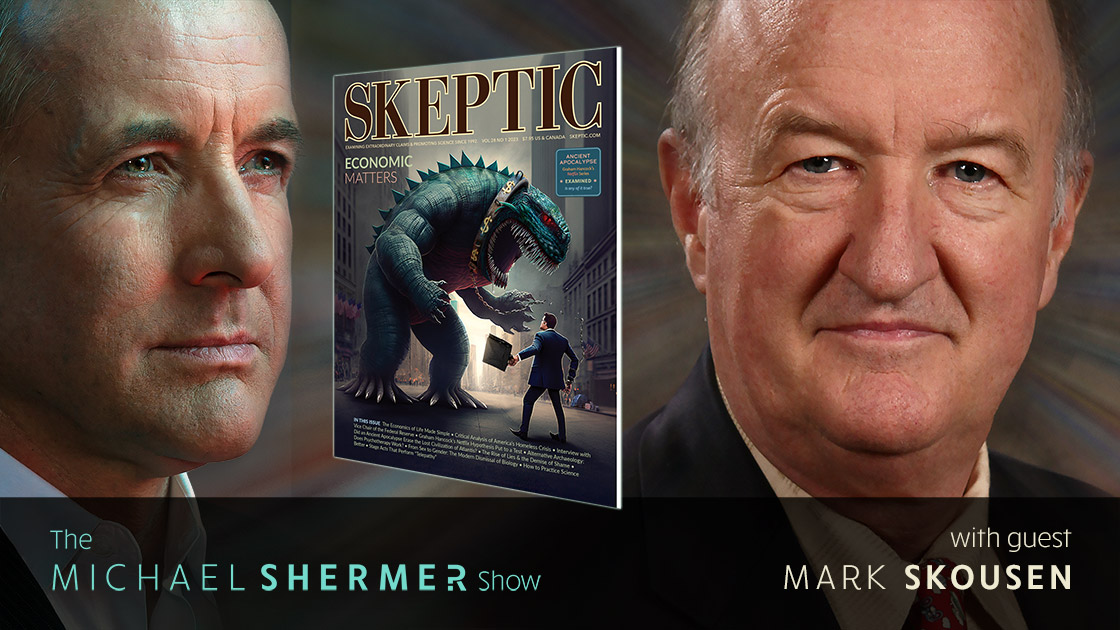
Shermer and Skousen discuss: whether economics is politicized • Adam Smith and what he really said • how the economy really works • fiat money vs. gold standard money • inflation and what to do about it • experimental economics • regulation on capitalism • what the Fed does (or should do) • Modern Monetary Theory • bitcoin/cryptocurrency • monopolies, duopolies, and market capture • antitrust, trustbusting • What’s wrong with free market capitalism? • money, happiness, and meaningfulness.

In the early modern period, just before the rise of the modern nation-state, there were hundreds of political units in Europe. Now there are comparatively few. Some observers project that at some point in the future there will be just a handful of empires running the world, but others think the opposite might happen: that the nation-state as a concept will fall into disuse, and that city-states hold the future of politics. In this article Michael Shermer explores these themes.

In our “post-truth” world, objective facts are less influential in shaping public opinion than appeals to emotion and personal belief. In the U.S., citizens’ trust in their government is at historically low levels, and the trust gap is difficult to bridge because individuals who practice deceptive behaviors often gain. This type of situation is known as a “tragedy of the commons.” Behavioral scientist Gleb Tsipursky offers the Pro-Truth Pledge (PTP) as one solution to help rebuild trust in and decrease…

By the end of World War Two, nationalism had been thoroughly discredited. Critics charged that national self-interest had prevented democratic governments from cooperating to end the Great Depression, and that nationalist passions had led not just to war, but also to some of the worst crimes groups of human beings had ever perpetrated on others. In this defense of nationalism the renowned scholar of politics William Galston presents twelve arguments in defense of the importance of national identity.
America is being torn apart. Amid growing strife, many people are experiencing angst concerning the future of this country, a country once renowned for its exuberant spirit of discovery, progress, liberty. From across the increasingly tribal political landscape, one can observe attacks on the ideas that fueled America’s spectacular rise: reason, individualism, and political freedom. From the illiberal left the “woke” phenomenon has emerged, rising to dominance in cultural institutions and calling for “canceling” those institutions, symbols, and even thoughts…
While many essays have addressed the social events and psychological traits that drive polarized thinking, the neural underpinnings of uncertainty and polarization are largely unknown. We know the brain processes information and makes decisions, but we know little about how politically polarized information is encoded, and even less about how attitudes about uncertainty influence that processing. Why is it important? In this article Natasha Mott explains that uncertainty may be seen as a threat, which moves individuals toward certain positions…

A string of mysterious balloon sightings generates fear and excitement as thousands of anxious residents scan the skies to glimpse floating objects that are believed to emanate from a hostile foreign power. The Chinese spy balloon scare of 2023? No, the balloon panic of 1892 in Russian-occupied Poland. In this analysis of the history of balloon sightings Robert Bartholomew puts the Chinese spy balloon incident into perspective and shows why more such sightings are expected.

Shermer and Dirks discuss: vaccine hesitancy • why antibiotics do not generate the same distrust • vaccines and autism • COVID-19 and its differential effects on people • the lab-leak hypothesis vs. the zoonomic hypothesis for the origin of SARS CoV-2 • Anthony Fauci and the CDC • climate denial • how trust in science has changed over the past century • the politicization of science • how to talk to someone who doesn’t trust science or scientists.

Michael Shermer introduces the theme of Skeptic magazine volume 27, number 3: Race Matters.
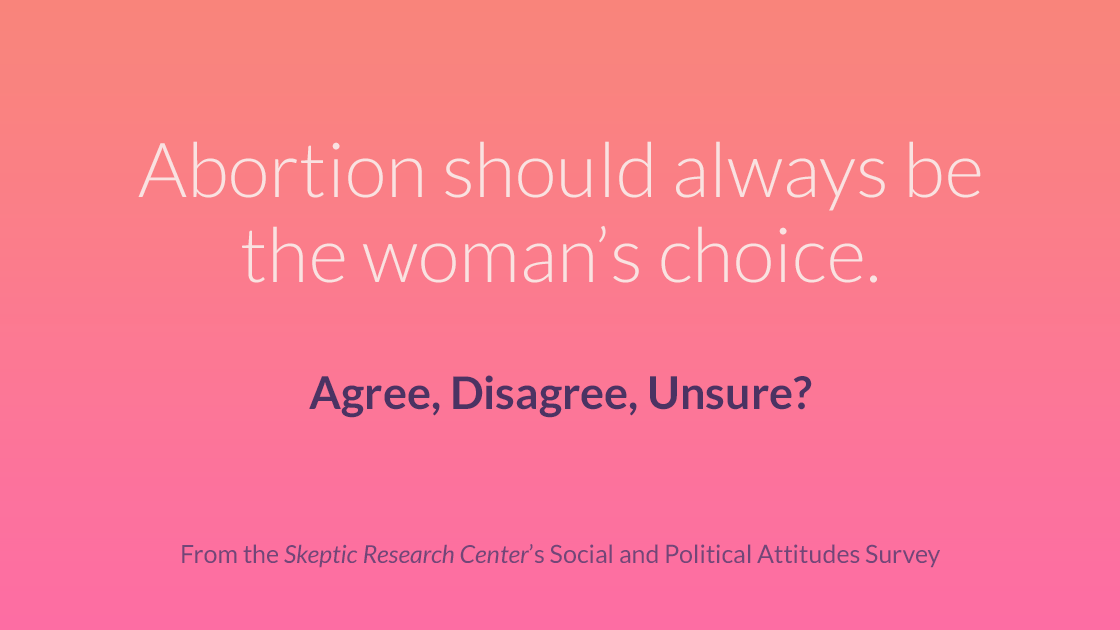
Although abortion is often framed as a women’s issue, men make up half of the electorate and are more often pro-life. In this study the Skeptic Research Center report on men’s attitudes toward abortion is considered in the larger context of the national abortion debate, which has intensified since the Supreme Court overturned the 1973 Roe v. Wade decision guaranteeing women a Constitutional right to choose abortion.
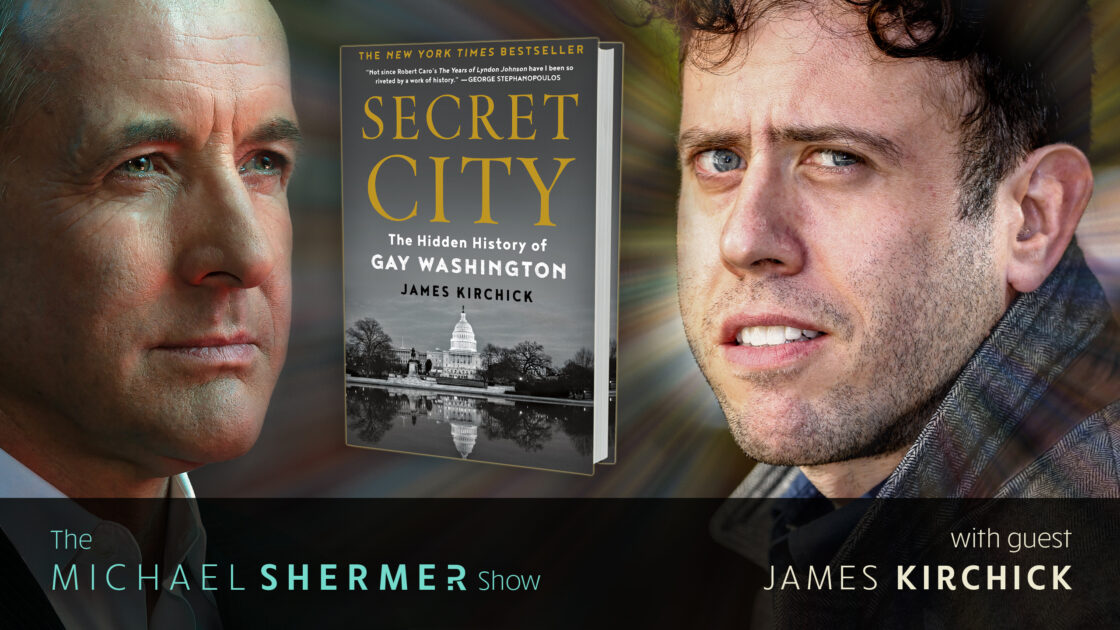
Shermer and Kirchick discuss: archives and secret sources of secret histories • the cause of homophobia, and how and why homosexuality was thought of as a “contagious sexual aberrancy” • why there is no lesbian history of Washington • J. Edgar Hoover, Clyde Tolson and gay mythmaking • FDR and Sumner Welles • why at the height of the Cold War, it was safer to be a Communist than a homosexual • Whittaker Chambers and Alger Hiss • the McCarthy…
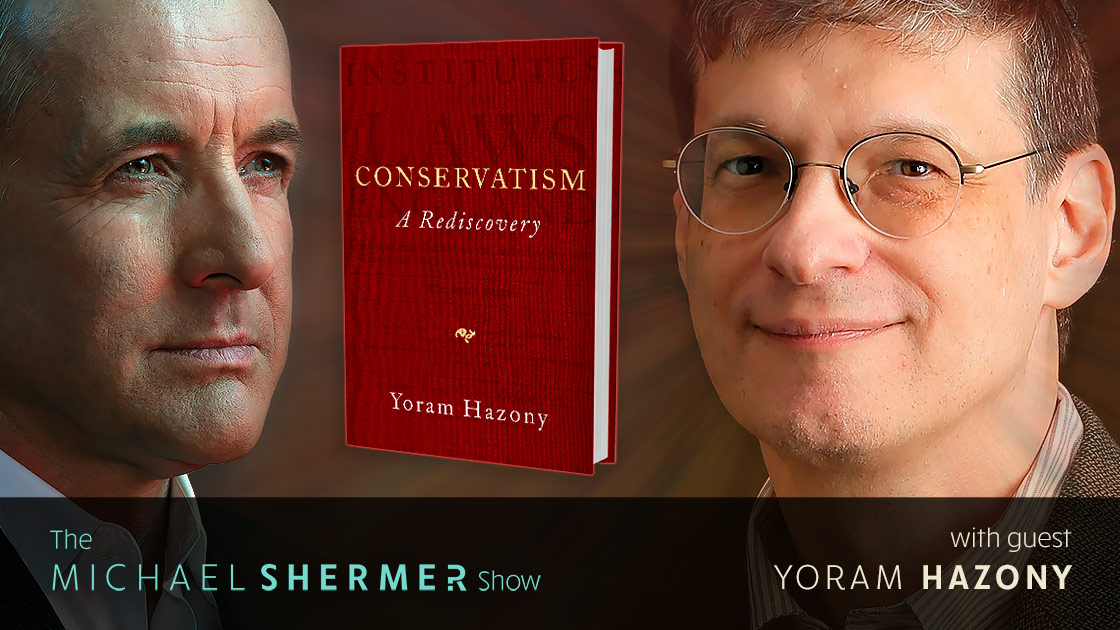
Political theorist Yoram Hazony argues that the best hope for Western democracy is a return to the empiricist, religious, and nationalist traditions of America and Britain. Shermer makes the case for Enlightenment liberalism, with its focus on science and reason, as the primary driver of moral progress over the centuries.
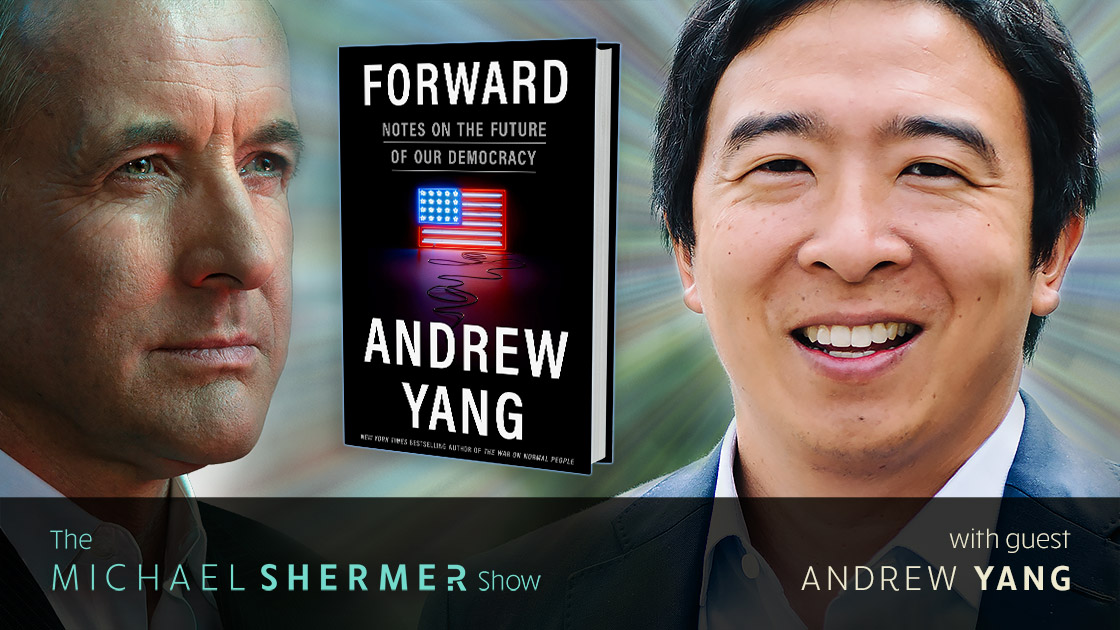
Michael Shermer speaks with Andrew Yang about the Forward Party, the future of politics in a party duopoly, political partisanship, and how to bring about the change we need. This conversation is based on Yang’s new book Forward: Notes on the Future of Our Democracy.
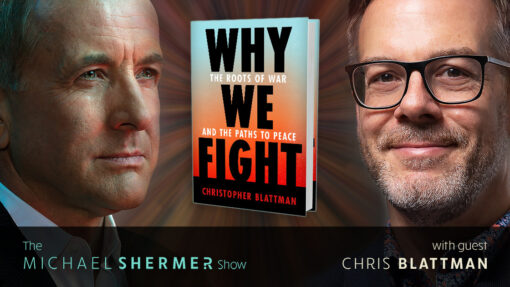
Shermer and Blattman discuss: Putin, Russia, and Ukraine • game theory and violent conflict • 5 Reasons for conflict and war • common elements of conflict • U.S. foreign policy and its consequences • human nature and conflict: are we wired to fight or do environments push us into conflicts? • cooperation vs. competition, and more…
Education reform researcher and advocate Chris Edwards explains the problem with the U.S. public education system and considers possible solutions. PLUS: Michael Shermer speaks with Christopher Blattman about his new book Why We Fight: The Roots of War and the Paths to Peace.
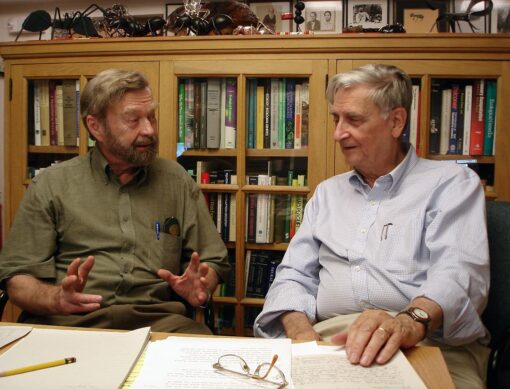
Is there vigilantism in science? Was the renowned Harvard biologist E. O. Wilson wrongly convicted of racism and promoting race science in the court of public opinion? Yes, says his long-time collaborator and world-class scientist Bert Hölldobler.

Robert Zubrin takes a renewed look at his 2015 Skeptic article about the Mystical High Priest of Russian Fascism, Alexander Dugin, in light of Putin’s recent, full-scale invasion of Ukraine. It will strike readers as all too prescient.
Michael Shermer speaks with Professor of International Relations, Dr. Jacek Kugler, about his Power Transition Theory as it pertains to China, Russia, and Ukraine. PLUS: Robert Zubrin takes a renewed look at his 2015 Skeptic article about the Mystical High Priest of Russian Fascism, Alexander Dugin, in light of Putin’s recent, full-scale invasion of Ukraine.
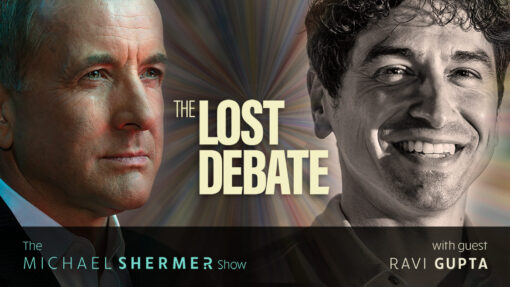
Whatever happened to reasoned discussion and respectable disagreement? Michael Shermer speaks with Ravi Gupta, the Founder and CEO of Lost Debate, a new non-profit media company that launched in October 2021 to fight polarization and misinformation online.
Whether at home or on the go, the SKEPTIC App is the easiest way to read your favorite articles. Within the app, users can purchase the current issue and back issues. Download the app today and get a 30-day free trial subscription.









